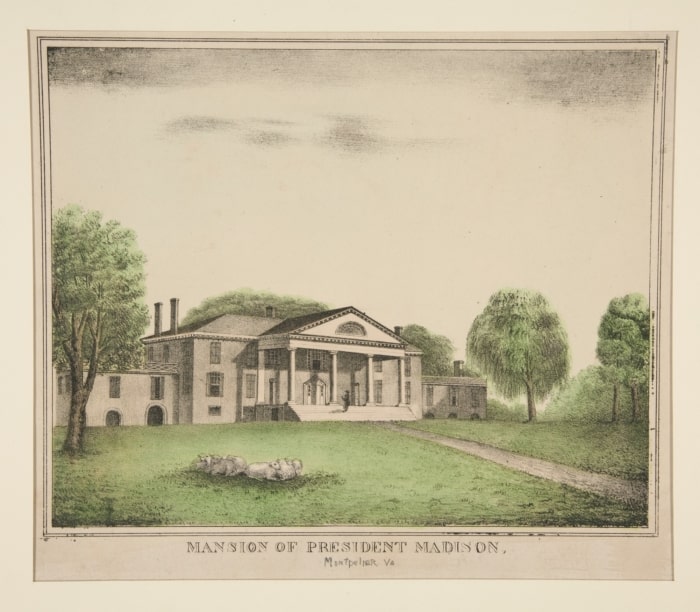
ADVERTISEMENT - CONTINUE READING BELOW
5. Madison and Hamilton were of two very different backgrounds
James Madison was very much to the manor born. He came from an old, well-established, and socially prominent Virginia family. As the eldest son of the largest landowner in Virginia’s Piedmont, he stood to inherit his father’s farms, slaves, and social standing. His early education came from a private tutor. As a child, his health was never strong, but he studied enough to become highly adept in ancient languages, modern languages, mathematics, and classical literature and history. Because of his health, he opted not to attend the College of William and Mary, fearful of the climate in the Williamsburg region. Instead, he chose to study at the College of New Jersey, entering classes there in 1769. The College of New Jersey later changed its name to Princeton. There he obtained a Bachelor of Arts degree in just two years, sooner than the usual three.
After graduating Madison remained at Princeton, learning to read and write in Hebrew, and studying the works of the European philosophers from the Age of Enlightenment. He then read the law in Virginia, becoming well-versed, but never practicing law or joining the bar. Madison served in the Continental Congress, and wrote an amendment to the Article of Confederation to give congress the power to create tariffs to raise money. The amendment passed a vote, but failed to gain unanimous ratification by the states. That failure led Madison to long study of the weakness of the government under the Articles, and the need to create a stronger central authority. He studied the history of other republics, including those of antiquity, often in their original languages of Greek and Latin. By 1787, no man had a more formed idea of the future American government. But he needed allies to make it a reality.

